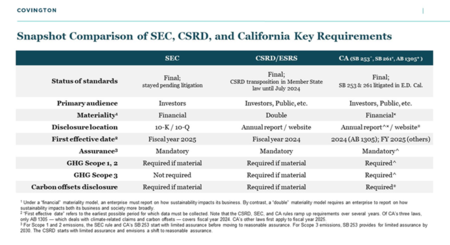Dementia Australia
Dementia Australia is calling on the federal government to ensure people living with dementia are sufficiently supported in next month’s Federal Budget 2020-2021 announcement in light of the ongoing impacts of the COVID-19 pandemic.
Dementia Australia CEO Maree McCabe said this year’s unprecedented social distancing measures and restrictions due to COVID-19 have had significant and unintended consequences on people living with dementia, their families and carers.
“Dementia Australia is experiencing an increase in demand for support as a result of these unintended consequences of social distancing and extended and increased isolation,” Ms McCabe said.
“The mental health of people living with dementia is being significantly impacted, resulting in a decline in cognitive functioning and the loss of abilities for many, as a result of changes to routine, lack of mental stimulation and social isolation. These are abilities that many people with dementia will be unable to recover. There is also a subsequent flow-on impact for carers.
“The 459,000 Australians living with dementia are already one of the most vulnerable groups in our community and it is important that COVID-19 and its longer-term impacts do not inadvertently add to the challenge that the symptoms of dementia already present to many people.”
Based on the experiences being reported by people impacted by dementia and service providers, Dementia Australia has outlined a pre-budget submission that will address the mental health challenges that informal carers are experiencing, address the trajectory of cognitive decline that people living with dementia are experiencing, and support aged care providers to build the capacity of their staff to deliver quality dementia care.
“The impact of the second wave of COVID-19, on Victorian residential aged care services in particular, has exacerbated existing challenges in the aged care system, including the capacity of the workforce, clinical governance and the challenge of balancing the individual care and wellbeing needs of residents with the safety of all living or working in the service,” Ms McCabe said.
“With an investment of just over $7.4 million in 2020-21, the Federal Government can ease some of these negative impacts by ensuring that people impacted by dementia receive outreach and early intervention, online social support and quality care in residential aged care facilities.
“Dementia prevalence in residential aged care is significant: recent data suggests that just over two thirds of all people living in residential aged care have moderate to severe cognitive impairment1. With this high prevalence, anyone being deployed and trained to provide care must not only be trained in infection control, but also in the basics of dementia care.”
Initiatives outlined in Dementia Australia’s 2020-21 Federal Pre-Budget Submission include foundational dementia education workshops for the aged care workforce and communities of practice where leaders from aged care organisations across the country will be supported to improve outcomes for people impacted by dementia through professional networking.
“We look forward to working with the federal government to improve the quality of support and care provided to all people impacted by dementia,” Ms McCabe said.
Dementia Australia’s 2020-21 Federal Pre-Budget Submission can be viewed here.
-Ends-
Dementia Australia is the national peak body and charity for people, of all ages, living with all forms of dementia, their families and carers. It provides advocacy, support services, education and information. An estimated 459,000 people have dementia in Australia. This number is projected to reach almost 1.1 million by 2058. Dementia Australia’s services are supported by the Australian Government.
National Dementia Helpline 1800 100 500
Interpreter service available
(The National Dementia Helpline is an Australian Government Initiative)
Dementia is a National Health Priority Area www.dementia.org.au
/Public Release.








